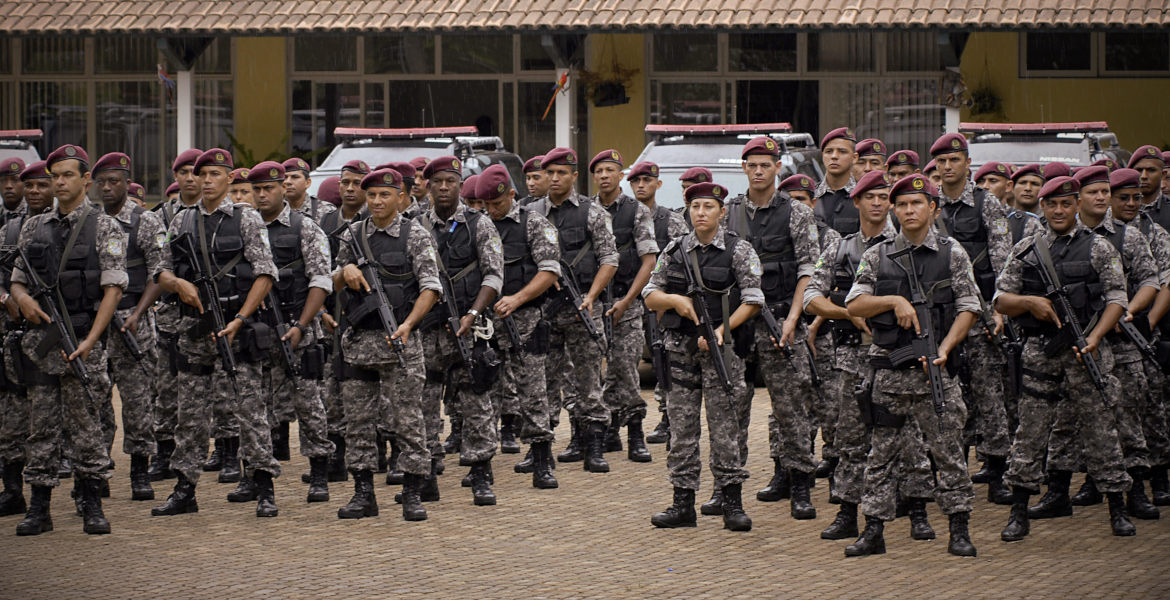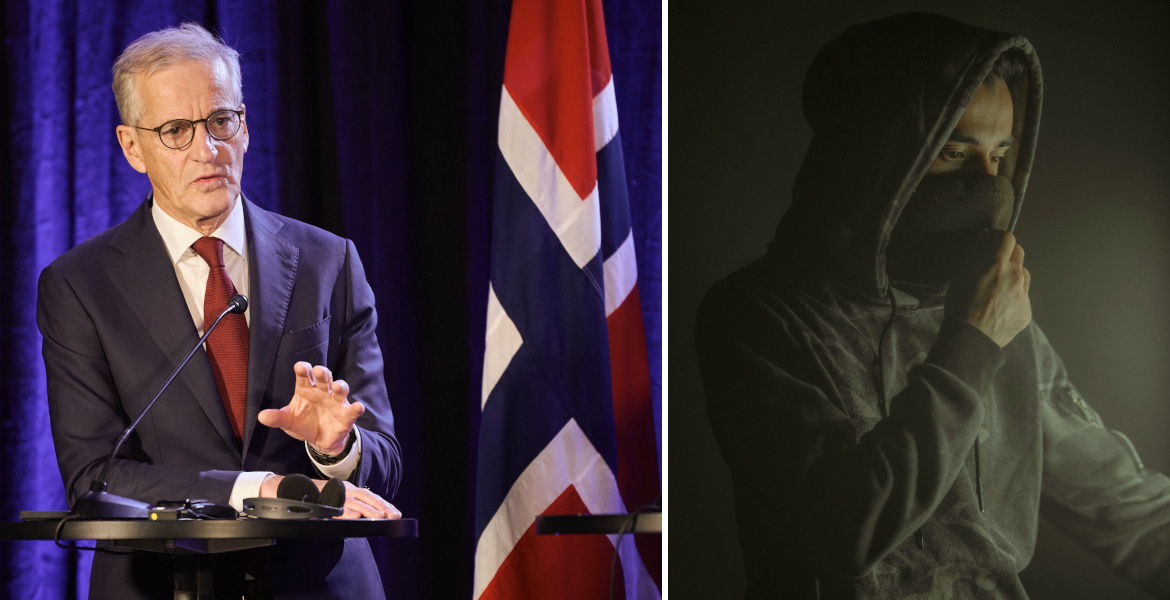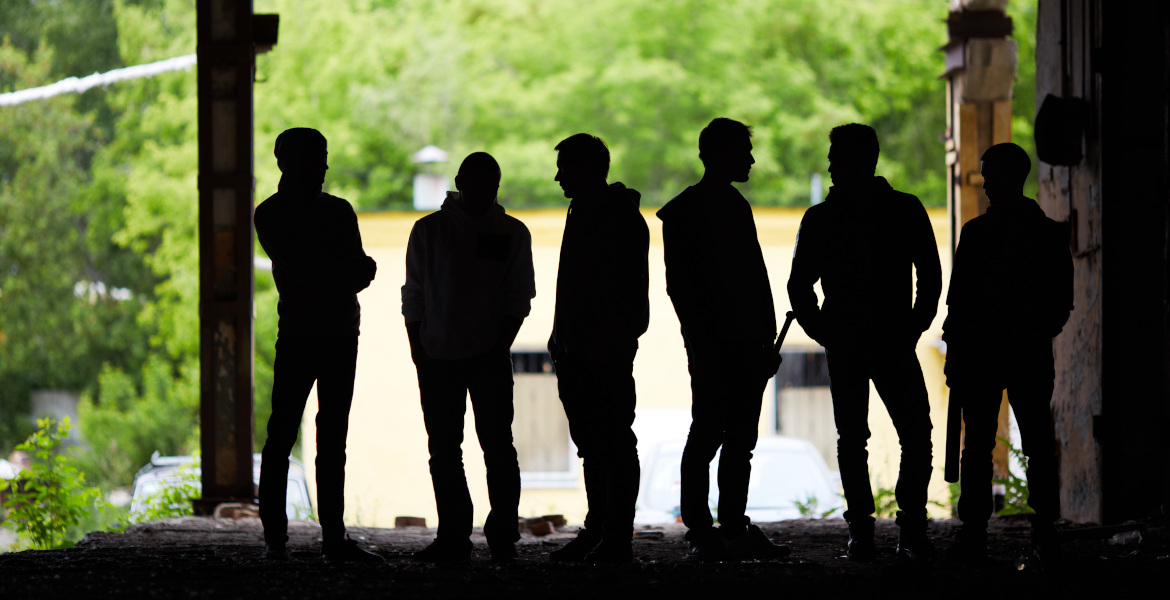The acclaimed documentary The Black Swan (Den sorte svane) has exposed links between criminals and the top echelons of society in Denmark and sparked a huge debate. Now the documentary comes to Sweden, where experts warn that the situation could be even worse.
In a unique collaboration with Danish TV2, lawyer Amira Smajic helped expose widespread money laundering and corruption in large parts of Danish society. She mapped professional criminals and their networks, resulting in several high-profile individuals being reported to the police.
For two years she worked as a mole, using hidden cameras in her office to document the underworld's dealings with lawyers and businessmen, among others, reports Bonnier-controlled Dagens Nyheter.
– If you don't do something drastic, nothing will change, she says in the documentary.
But Smajic played a double game. She ran another office in addition to the bugged one, and when confronted about it, she withdrew from the collaboration and tried to stop the documentary.
Nevertheless, The Black Swan was broadcast following a Danish court order. Amira Smajic has made several attempts to stop the series, but has been denied by various courts. She is now living under protection in a secret location.
Amira Smajic, der agerer muldvarp i den omdiskuterede TV 2-dokumentar "Den sorte svane", mener, at hun er blevet ladt i stikken https://t.co/1ynnAowb7B.
Enig Amira liv kan være i fare, og Tv2 må åbentlyst vide det og tage (med) ansvar for det. Tv2 udbytter hende jo, og medvirker.— Polopinion (@Polopinion2) June 8, 2024
Political uproar and criticism
The documentary has caused a great stir in Denmark, shedding light on a long-standing issue that has now received further attention through Amira Smajic's revelations. Since the broadcast, a lawyer, a real estate developer and a high-ranking businessman have been reported to the police.
The government has called emergency meetings and prime minister Mette Fredriksen has promised new tools for the authorities to fight money laundering.
At the same time, TV2 has been criticized for its methods. Methods that are believed to have facilitated new crimes. TV2 news director Ulla Pors defends the methods.
– In our opinion, Amira Smajic's work for TV2 does not initiate criminal acts that would most likely not have occurred otherwise, she says.

Controversial methods
During the making of the documentary, TV2 deviated from its normal press ethics and also entered into a dialog with the Danish police to ensure Amira Smajic's safety.
She was also paid DKK 30,000 a month for her work, and the decision to use a hidden camera was justified on the grounds that it was the only way to document the shadowy activities, explains Michael Nørgaard, editorial director of TV2's documentary department.
– It was a difficult decision for TV2 to broadcast the series when the mole withdrew his consent. But both the Danish District and County Courts came to the same conclusion as we did: that Amira gave her consent in an enlightened state of mind, where she could foresee the consequences of publication. That is why we decided to publish. But it's no secret that we would have preferred to publish with Amira's consent, says Michael Nørgaard in a comment.
Researchers warn against Swedish conditions
Criminologist David Sausdal, who works at Lund University, believes that the situation in Sweden may be even worse than in Denmark. He points out that shootings and death rates are significantly higher in Sweden.
– There is a lot of evidence that it is probably even worse here. If you look at the number of shootings and deaths, they are five to ten times higher in Sweden, with many thousands of gang criminals. The black swan also exists in Sweden, and it is much bigger than in Denmark, says Sausdal.
Now that the Swedish premiere is over, it is easy to assume that the debate on money laundering and crime will gain new momentum in Sweden as well, and the question of working methods to uncover serious and systemic social problems will become increasingly relevant.
The Black Swan (Den sorte svane)
Danish documentary series in five parts showing how people in the serious criminal environment cooperate with respected and superficially law-abiding lawyers, business owners and officials to launder money and circumvent / deceive authorities. The series is produced by Danish TV2 and Norwegian NRK, among others. The series premiered in Sweden on June 16 on SVT and SVT Play, then called "Den svarta svanen".




